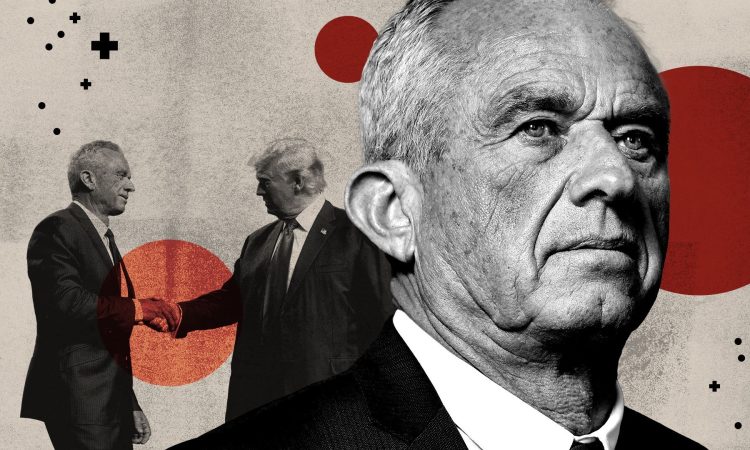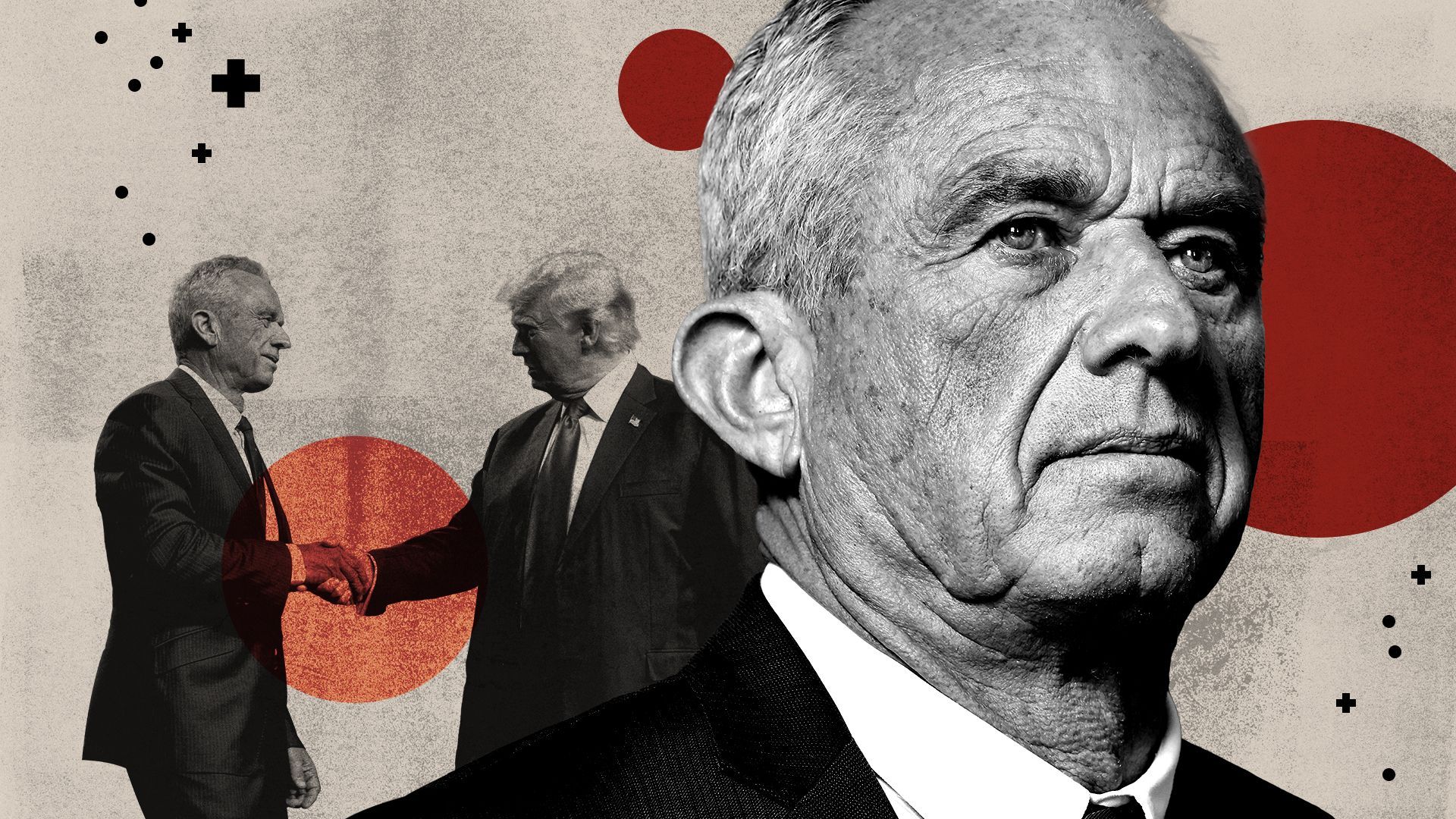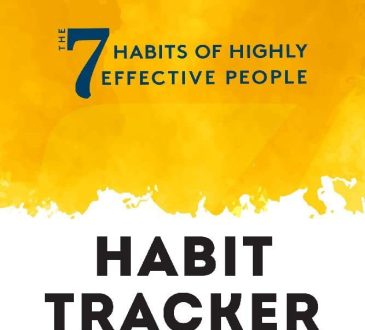
A quiet revolution is gripping the American health space, gathering momentum from the fervor of the 2024 election season. It’s a movement that’s been brewing for years but has recently erupted into the mainstream. Its goal is as bold as its name suggests: to fundamentally shift America’s approach to health and wellness. Dubbed “Make America Healthy Again,” this crusade seeks to combat the nation’s escalating chronic disease crisis by addressing its root causes—from the food we eat to the systems that regulate our health.

A Nation in Crisis
All over social media, alarming clips from health experts lay bare the stark reality of America’s health predicament. Chronic diseases, largely preventable, are now the leading causes of death. “The number one killer today is not smoking, it’s not war, it’s not infections,” said Dr. Mark Hyman on a recent episode of his popular podcast The Doctor’s Farmacy. “It’s food.”
Hyman, along with other vocal advocates, has long warned about the dangers posed by the American food supply and the toxic environment in which Americans live. Food activist Vani Hari, known as “The Food Babe,” echoes this sentiment. “In the last 50 or so years, there’s been about 10,000 chemicals added to the American food supply,” Hari told Fox News. “Meanwhile, countries in Europe only have 400 approved for use.”

The Visionary Leadership of RFK, Jr.
The movement’s political spearhead is Robert F. Kennedy, Jr., whose name has become synonymous with the fight against chronic disease. If confirmed as Secretary of Health and Human Services under the incoming Trump administration, Kennedy promises to bring sweeping reforms to the federal health agencies he accuses of being compromised by conflicts of interest.
Kennedy’s agenda is rooted in a three-pronged strategy:
- Eradicating Conflicts of Interest: Cleaning house in agencies like the FDA and CDC, which critics say are plagued by undue influence from big pharma.
- Establishing Evidence-Based Guidelines: Ensuring that health standards are informed by unbiased, scientifically sound research.
- Reversing Chronic Disease Trends: Tackling the root causes of preventable illnesses to reduce their prevalence and societal cost.
Among Kennedy’s key advisors are siblings Casey and Calley Means. Casey, a Stanford-educated surgeon and author of Good Energy, calls the book a health “playbook” for the administration. “Ninety-three percent of American adults have metabolic dysfunction,” Means told CBN News. “This is caused by our toxic food system and our modern lifestyle, which has changed rapidly over the past 50 to 75 years.” Means estimates that up to 80 percent of diseases could be avoided by addressing these systemic issues.
Corruption in the System
The movement’s advocates point to systemic corruption as a central obstacle. Katy Talento, an epidemiologist and former health advisor to the Trump administration, highlighted the pervasive influence of pharmaceutical money on advisory committees within the CDC and FDA. “There’s almost no expert that sits on those panels who is independent of pharma money,” she explained.
Talento also underscored the troubling approval processes for food additives. “We have all these food additives—red dye number whatever, yellow dye, and chemicals with too many syllables to pronounce—that are in all our food,” she said. “Many were given a designation by the FDA of ‘Generally Recognized as Safe’ (GRAS), which essentially means a scientist, likely on the food industry’s payroll, deemed them ‘probably fine.’”
One glaring example is Red 3, a chemical banned in lipstick since 1990 but still allowed in strawberry milk drinks marketed to children and cancer patients. “This is the problem with our FDA,” Hari noted.
A Spiritual Battle for Health
Beyond legislative reforms, Talento sees the movement as a spiritual battle. “How much you and I are praying and fasting for these initiatives will help determine how possible it is,” she said. For her and others, the fight for health is as much about moral and ethical responsibility as it is about political action.
The Road Ahead
Kennedy’s Senate confirmation hearing in January will be pivotal. Expected to address his controversial positions on vaccines, Kennedy has stated he is not anti-vaccine but advocates for greater transparency and safety testing. His broader health agenda, however, reflects a seismic shift in how America could approach its health crisis.
From reforming regulatory processes to reshaping public perceptions of food and lifestyle, the “Make America Healthy Again” movement is poised to redefine the nation’s health trajectory. It challenges Americans to confront the systems and habits that have driven chronic disease rates to unprecedented levels.
With bold leadership, structural reforms, and a groundswell of public support, the question now is whether this movement will succeed in turning the tide. Will 2025 mark the beginning of a healthier America? Time—and the resolve of its people—will tell.




